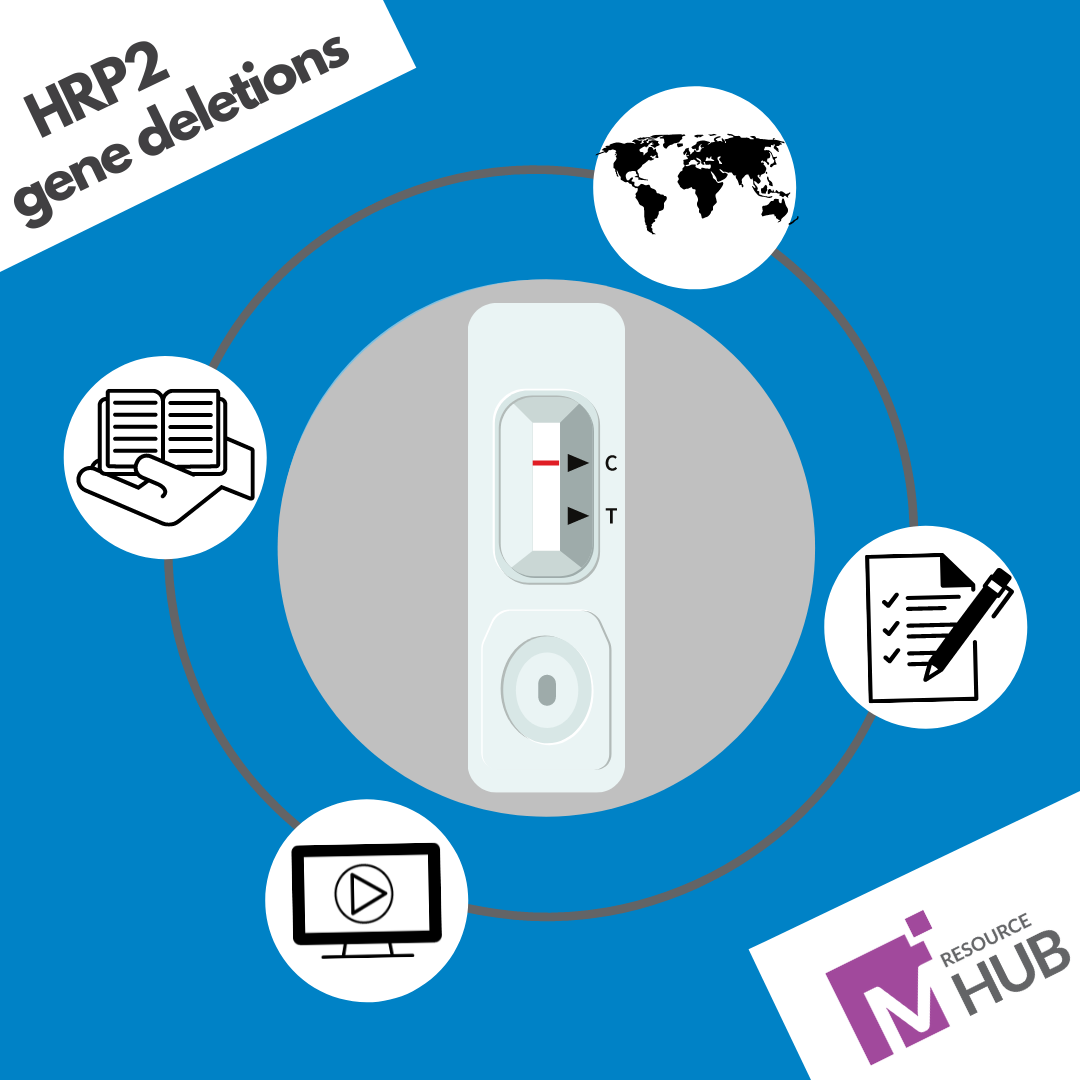Last Updated: 16/06/2025
GenMoz: Plasmodium falciparum genomic intelligence in Mozambique
Objectives
The overall objective of this three-year investment is to operationalize a functional malaria molecular surveillance (MMS) system that generates reliable and reproducible genomic data over time for programmatic decisions at different levels:
- Appropriate malaria diagnostics and treatment through the detection of molecular markers of resistance and deletions in rapid diagnostic test (RDT) targets.
- Characterize transmission sources through the genetic classification of cases (imported/introduced or indigenous) to target interventions for malaria elimination in low transmission settings.
- Select intervention mixes with optimal effectiveness to maximize burden reduction in moderate-to-high transmission areas.
Baltazar Candrinho
Sonia Enosse
Bryan Greenhouse
Katherine Battle
Mozambique is among the ten countries with the highest burden of malaria worldwide, with an estimated 9.3 million cases in 2018, and constitutes a core target for the World Health Organization (WHO) and the Roll Back Malaria Partnership to End Malaria’s country-led ‘high burden to high impact’ initiative. At the same time, the National Malaria Control Program (NMCP) of Mozambique seeks to accelerate elimination in the south, where transmission is lowest. NMCP is currently working with partners (Malaria Consortium, PMI, Global Fund) to set up a high-resolution surveillance system that can drive decision-making across all transmission strata through strengthening of routine data quality, data use and data to action packages. However, decisions become more complex as control reveals heterogeneity and better tools are required for a strategic use of information to drive impact. The integration of genomic data into routine surveillance activities has the potential to increase the actionable intelligence for making programmatic decisions on the optimal mix of control and elimination measures in Mozambique by:
- Informing drug and diagnostic choices through the monitoring of antimalarial and diagnostic resistance (hrp2/3 deletions);
- Targeting the reservoirs sustaining transmission through the use of transmission network models to quantify parasite importation, identify sources and characterize local transmission in near-elimination settings;
- Improving stratification, monitoring and impact evaluations in different epidemiological and health system contexts through the use of measures of P. falciparum genetic diversity (routinely from positive cases) to supplement traditional surveillance, especially where it is sparse;
- Using alternative, cost-effective, approaches targeting easy-access populations (e.g. pregnant women at antenatal care clinics) to monitor transmission and antimalarial/diagnostic resistance.
*The second phase of this project (GenMoz2; 2024-27) is described here
Study ProtocolLaboratory SOPsProject presentationsDissemination Brochures: MMS in MozambiquePublications
Mar 2021 — Feb 2024
$5.91M


